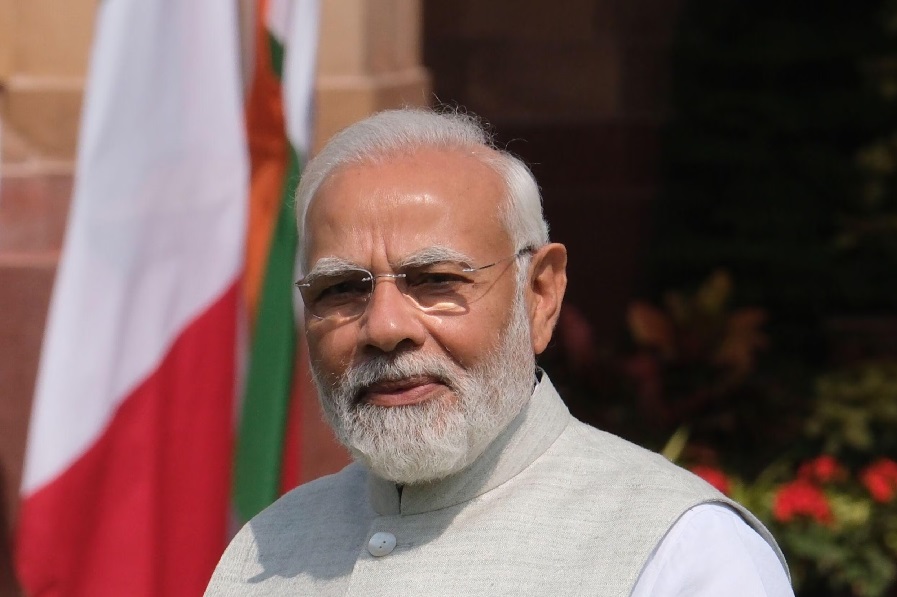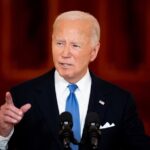Prime Minister Modi, set to visit Ukraine on Friday, expressed his support for peace in the region and reiterated his call for diplomatic efforts to resolve the conflict.

A day before his visit to conflict-stricken Ukraine, Prime Minister Narendra Modi emphasized on Thursday that India firmly believes a resolution to any conflict cannot be achieved on the battlefield. He expressed India’s readiness to extend all possible cooperation to restore peace and stability in the region.
Modi’s remarks came after extensive discussions with Polish Prime Minister Donald Tusk, during which India and Poland elevated their bilateral ties to the level of a strategic partnership.
In the second part of his two-nation tour, Modi will spend around seven hours in Kyiv. He is scheduled to depart for the Ukrainian capital by train this evening, with the journey expected to take about 10 hours.
“The conflicts in Ukraine and West Asia are of deep concern to all of us. India strongly believes that solutions to these problems cannot be found on the battlefield,” Modi stated in a media address following his talks with Tusk.
“The loss of innocent lives in any crisis poses a significant challenge to all of humanity. We support dialogue and diplomacy as the means to quickly restore peace and stability,” Modi continued.
“For this, India, along with its friendly nations, is prepared to offer all possible support,” he added.
Modi arrived in Warsaw on Wednesday, marking the first visit by an Indian prime minister to Poland in nearly half a century.
“Today holds special significance for the relations between India and Poland. After 45 years, an Indian prime minister has visited Poland,” Modi remarked.
“This year, we are celebrating the 70th anniversary of our diplomatic relations. On this occasion, we have decided to elevate our relationship to a strategic partnership,” Modi announced.
He also highlighted the ongoing cooperation between India and Poland on the international stage, stating, “We both agree that reforming the United Nations and other international institutions is essential to addressing global challenges.”












